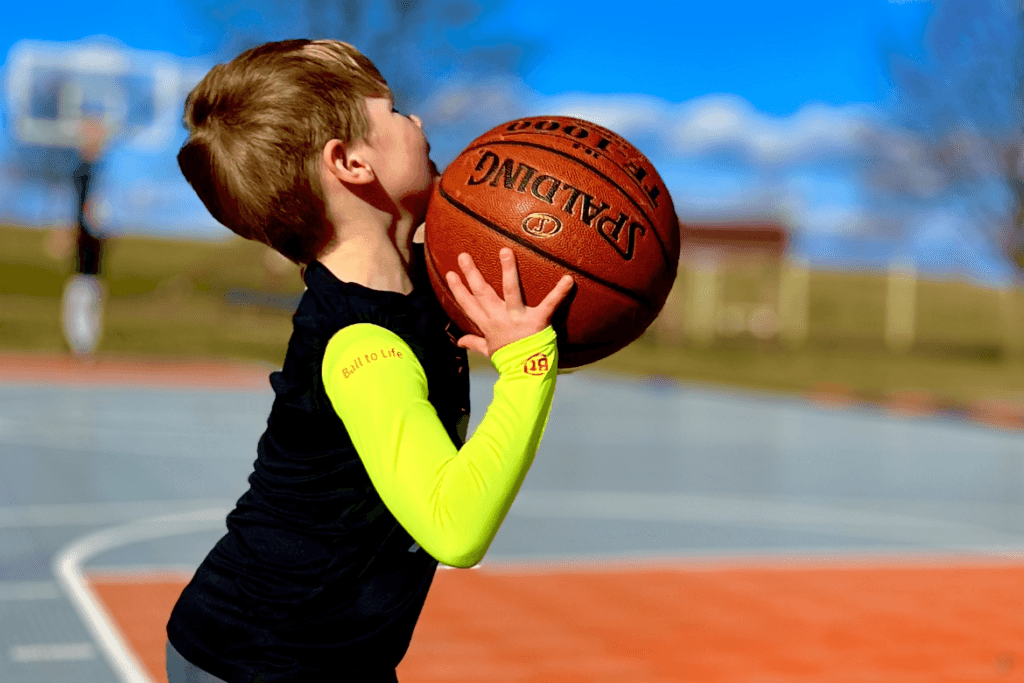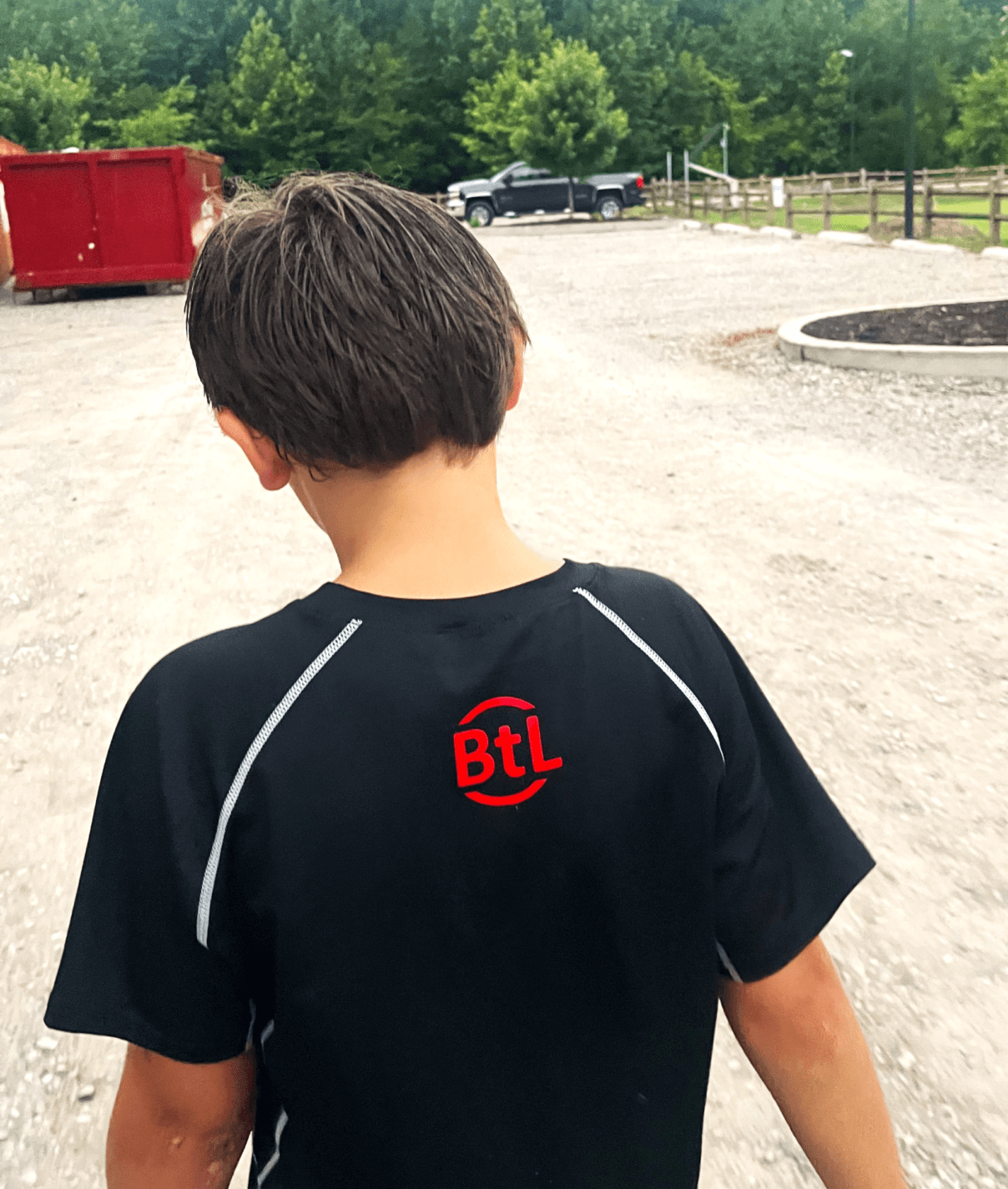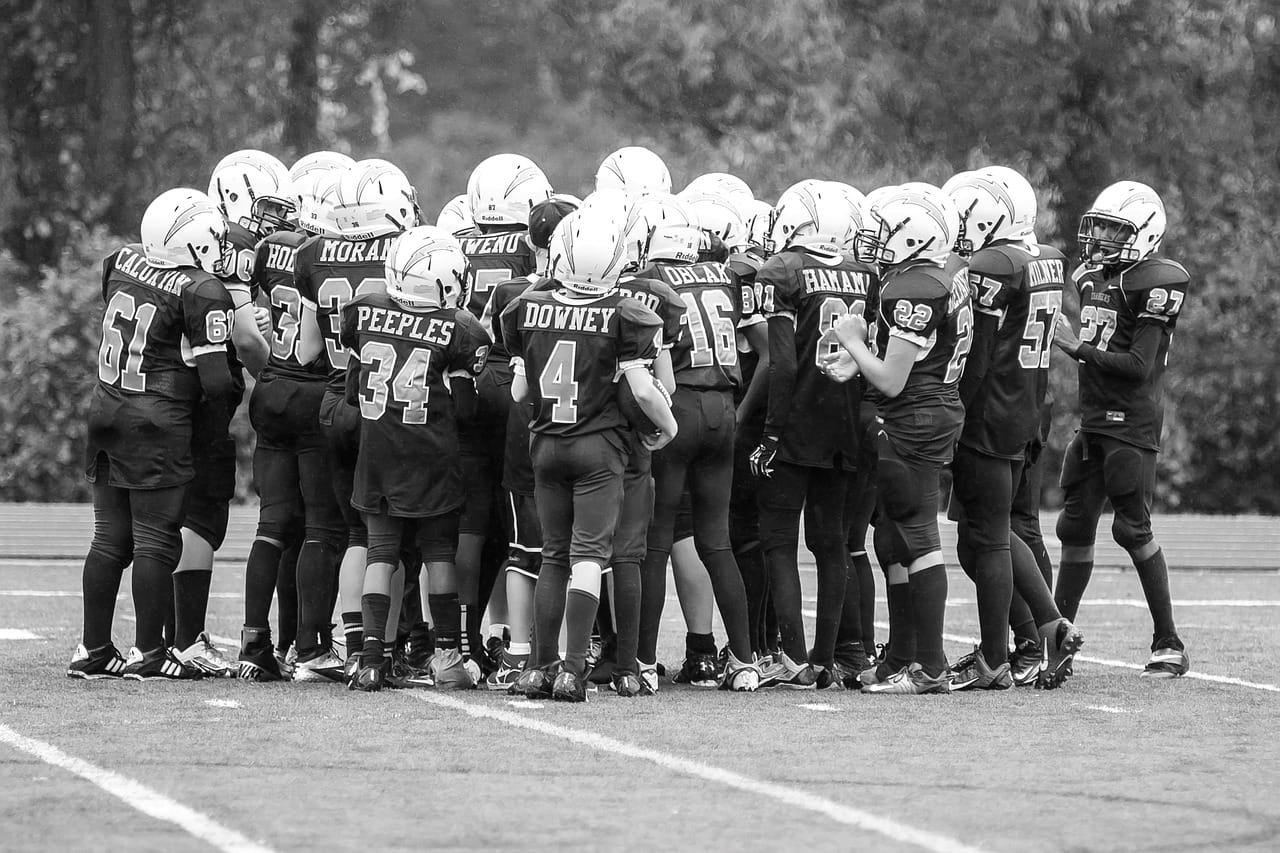Coaches are always looking for ways to get young athletes to perform under pressure. Every coach has seen it: a young athlete who shines during practice but struggles under the bright lights of game day. Parents wonder why their star in the driveway freezes during competition, and coaches rack their brains for ways to bring that player’s potential to the forefront.
The truth is, getting young athletes to perform under pressure isn’t just about skill—it’s about confidence and mental preparation. Here’s how you can help your players handle the pressure and thrive in high-stakes moments.

Why Some Young Athletes Struggle Under Pressure
When athletes perform well in practice but falter during games, it often stems from a lack of self-confidence. Fear of failure can overwhelm a child, especially when they lack the mental tools to manage pressure.
Unfortunately, most training practices focus heavily on skill development while neglecting the mental side of the game. As coaches, we have an opportunity to teach young athletes how to handle pressure and embrace the moment.
Coaching Young Athletes to Perform Under Pressure
So, how can coaches help kids overcome this challenge and succeed when it matters most?
1. Create Opportunities for Success
Confidence grows when athletes experience success, no matter how small. Design drills and game-like scenarios where players can achieve small victories. Celebrate these moments and help them stack successes to build belief in their abilities.
For example, acknowledge even minor improvements, like taking a contested shot or making a smart pass under pressure. Small wins pave the way for bigger victories when the lights are brightest.
2. Teach Positive Self-Talk
Confidence starts in the mind. What athletes tell themselves directly influences how they respond to pressure. If they expect to fail, they likely will. But if they expect to succeed, they will keep trying until they achieve their goal.
Teach kids to recognize negative self-talk and replace it with positive affirmations. For example:
- Instead of “I’m going to miss this shot,” encourage them to say, “I’ve practiced this shot, and I’ve got this.”
For a deeper dive into self-talk, check out Ball to Life’s article here.
3. Show Them Failure Is Not Fatal
Mistakes are inevitable in sports. The key is teaching kids that failure is not the end—it’s a stepping stone to improvement.
Coaches must create a safe environment where players can make mistakes without fear of being benched permanently. If you need to correct a player, pull them aside, coach them up, and then let them get back in the game. This approach builds resilience and reinforces the idea that they’re trusted, even after a misstep.
Importantly, this principle should apply to every player, not just the most talented ones. At the same time, coaches must hold all athletes accountable to the same standards. Accountability is one of the most valuable life lessons sports can teach.
4. Use Relaxation Cues During Pressure Moments
During high-pressure moments, mental cues can help players relax and refocus. A cue doesn’t have to be complicated—it can be a simple word or phrase with personal meaning for the team.
For example, one of my favorite cues when coaching boys was “pink ponies.” For boys, it was the perfect phrase with plenty of playful banter during practices over it’s use. It had no real meaning, but it always brought a smile during pressure situations. I used it in practice and in critical game moments, like just before a player stepped to the free-throw line with the game on the line. The lightheartedness lifted the pressure just enough to help them refocus and perform.
5. Build Mental Toughness
Mental toughness is the key to performing under pressure. As a coach, your role is to instill resilience and confidence in your players. Remember, every athlete is unique, with different ways of thinking and processing pressure.
Help them recognize their individual strengths and teach them how to channel those strengths in difficult moments. By doing so, you empower them to not only perform under pressure in sports but also thrive in life.
Final Thoughts
Getting young athletes to perform under pressure takes more than physical training—it requires mental preparation, resilience, and support from coaches. By creating opportunities for success, teaching positive self-talk, normalizing mistakes, and building mental toughness, you can help your players embrace the spotlight and perform at their best.
As a coach, your greatest impact isn’t just helping kids win games—it’s preparing them to handle life’s pressures with confidence.
Share your tips:
How do you help your athletes perform when the lights are brightest? Share your coaching tips and strategies in the comments below!
BtL
Subscribe to our email list to get our content direct to your inbox!
Follow us on Facebook, Twitter, Instagram and TikTok
To learn more about Ball to Life and our mission, click here.

